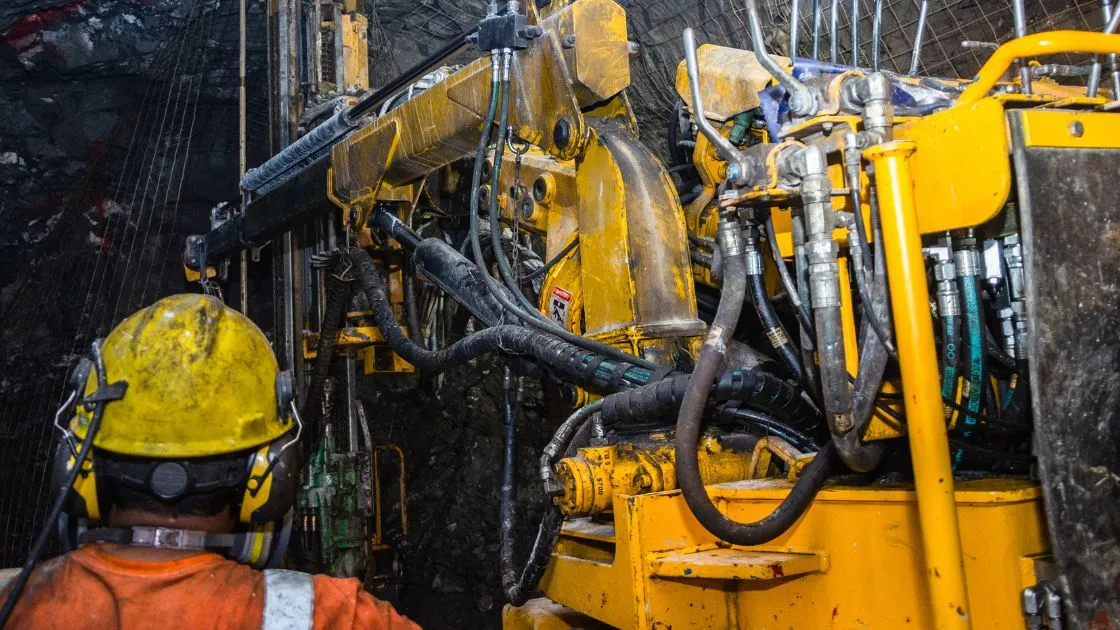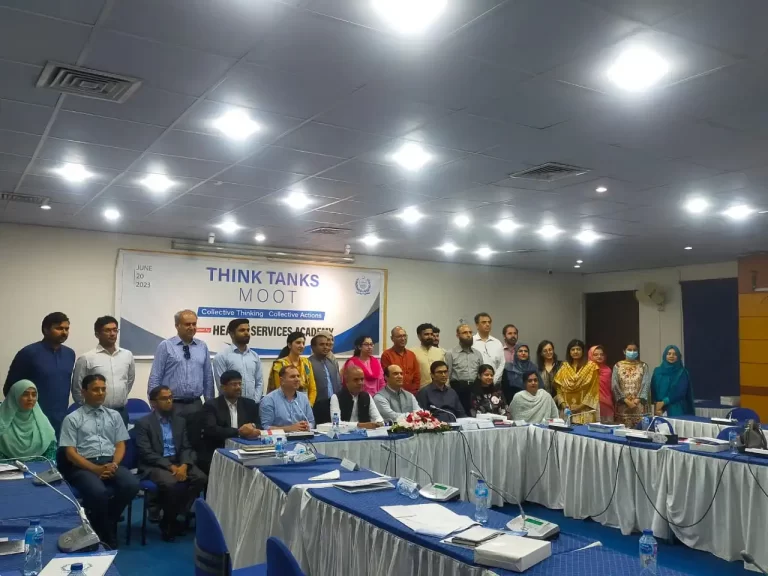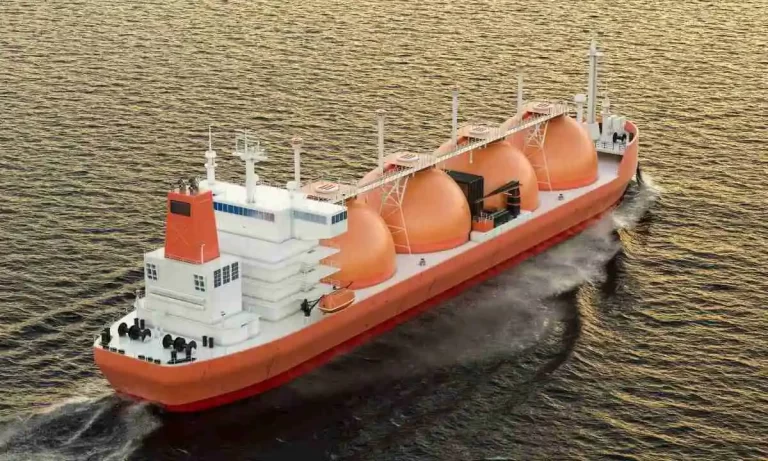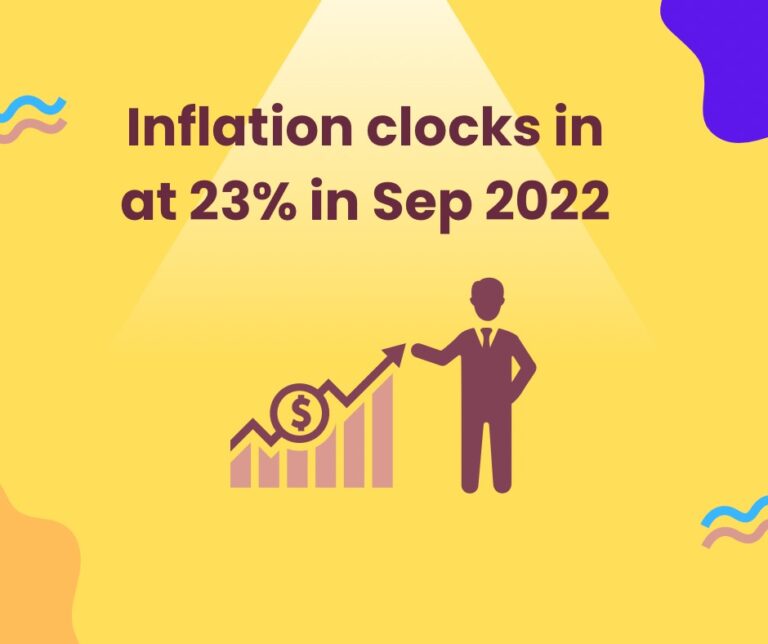Delay in Rekodiq Case Settlement: Final Liability nears $10b
Special Report
Law Ministry has warned that liability in Rekodiq Case had reached close to $10 billion which continues to go up due to delay in a final settlement deal with Barrick Gold.
The government of Pakistan and Barrick Gold had reached a court settlement deal.
However, the foreign firm wants immunity from Pakistani law in case of future disputes.
Now, the President of Pakistan had approved filing a reference in Supreme Court to get its node regarding a deal with Barrick Gold on Rekodiq Project.
Following this, the government proposed to enact the Foreign Investment (Protection and Promotion) Bill, 2022, among other initiatives, in order to protect the investment in the Reko Diq Project and future large-scale foreign investments.
Pakistan and the international company Barrick have reached a settlement agreement, but Barrick wants the protection of Pakistani law.
The Law and Justice Division informed the cabinet at a recent meeting that one of the world’s most valuable undeveloped copper-gold deposits is located in Reko Dig, Chagal District, Baluchistan.
The Chagai Hills Exploration Joint Venture Agreement was signed by the Balochistan Development Authority and BHP Minerals International Explorations Incorporated (“BHP”) on July 29, 1993. (“CHEJVA).
Subsequently, on November 23, 2003, Barrick and Antofagasta acquired BHP’s interest in the project for USD240 million and entered it via Tethyan Copper Company (TCC).
In this way, TCC set up Tethyan Copper Company Pakistan (Private) Limited (TCCP), a subsidiary that it owns 100% of, and put money into exploration and making detailed plans for mining at Reko Diq.
On the 15th of February, 2011, TCCP submitted an application to the Director General, Mines and Mineral Development Department of Balochistan to convert an exploration licence into a mining lease. The application was denied on November 15, 2011.
First, before the International Centre for the Settlement of Investment Disputes (ICSID) for alleged violations by Pakistan of the Australia-Pakistan Bilateral Investment Treaty.
Second, it filed a claim against the Government of Balochistan for claims arising under the CHEJVA with the International Court of Arbitration of the International Mines, which would require access to TCC’s exploration data and feasibility reports.
Without these data, the development would be several years behind. Simultaneously, stakeholders acknowledged that the Award would have to be paid from the Reko Dig mines’ revenue stream.
For this reason, the law division stated that the mines must be rapidly developed. The Award’s current value was approximately USD 6.5 billion, and it was rising due to a crippling daily interest rate.
ICC proceedings under TCC’s contract with the government of Balochistan were expected to result in a further significant award of over USD 2.5 billion in the near future.
The law division added that the only way to resolve the matter and prevent TCC from pursuing its collection measures and liability under the ICSID award was to settle with TCC and its shareholders.
Apex Committee on Rekodiq Case
On September 22, 2019, the Prime Minister established an apex committee in order to develop a comprehensive strategy to deal with the ICSID Award and settle the dispute.
The Apex Committee consisted of the Minister for Finance, the Minister for Law and Justice, the Attorney General of Pakistan, the Chief Minister of Balochistan, the Director-General of Military Intelligence, and the Minister for Energy (Petroleum Division).
In March 2022, the Apex Committee and TCC shareholders would sign the Implementation Agreement, Reconstituted Reko Diq Project Joint Venture Agreement, Mineral Agreement, two Mining Leases, Exploration License, and Surface Lease-Reko Dig Agreements, following multi-round, protracted, and extensive negotiations and deliberations.
Investment Required for Project Development of Rekodiq
Development of the Reko Diq Project necessitated specialised mining and processing know-how as well as a substantial amount of capital, estimated to be nearly USD 7 billion in two phases.
Such a large and technically complex project could not be completed using only indigenous resources. In addition, Barrick’s return to the project would attract additional investment in the mining sector and possibly in other industries as well.
The Government proposes to enact the Foreign Investment (Protection and Promotion) Bill, 2022, among other initiatives, in order to protect the investment in the Reko Diq Project and future large-scale foreign investments, as stated by the Law Ministry.
In addition, it stated that the proposed reconstitution of the Reko Dig Project through the Reko Diq Agreements raised serious and substantial legal questions. Therefore, it was essential that the opinion of the Pakistani Supreme Court be obtained prior to the formalisation of the settlement.
In light of this, the case was referred to the Federal Cabinet for approval of the proposal that the President of Pakistan may, on the advice of the Prime Minister, file a reference before the Supreme Court of Pakistan pursuant to Article 186 of the Constitution, seeking advice from the Supreme Court of Pakistan on the following questions of public importance pertaining to the law.
The cabinet approved filing a reference with the Supreme Court to determine whether the earlier judgement of the Supreme Court reported in Abdul Haque Baloch v. Federation of Pakistan, PLD 2013 SC 641 or the laws, public policy, or Constitution of Pakistan prohibit the Government of Pakistan and the Government of Balochistan from entering into the Reko DIq Agreements or affect their legality.








